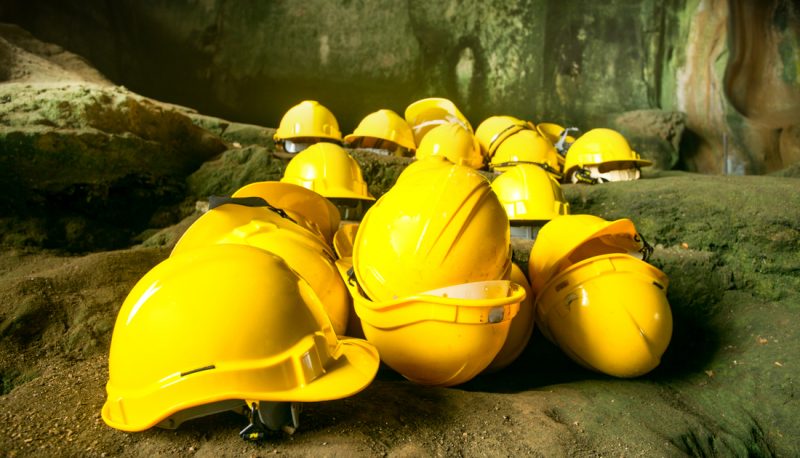In July, Tenth Circuit judge Allison Eid cast the deciding vote and authored the opinion in a 2-1 panel ruling that overturned a citation for unapproved safety equipment at a Colorado coal mine. Peabody Twentymile Mining v. Secretary of Labor concerned whether using polyurethane to seal the perimeters of concrete block stoppings in the ventilating system was “a traditionally accepted method” as required by federal safety regulations. The Mine Safety and Health Administration (MSHA) had imposed a very small fine on Peabody for not meeting this standard. In justifying the court’s reversal of that decision, Judge Eid omitted key facts.
The regulation itself does not define “traditionally accepted method.” Yet Judge Eid concluded that Peabody’s technique was a “traditionally accepted measure” because the Department of Labor had “approved foam use on [Peabody’s] ventilation devices” for many years. But as Judge Briscoe pointed out in dissent:
This wording sidesteps the important issue: whether MSHA approved Peabody’s use of polyurethane foam to seal the perimeters of block stoppings. It is irrelevant if MSHA approved Peabody’s use of polyurethane foam generally in the Foidel Creek Mine. It is similarly irrelevant if MSHA approved Peabody’s use of polyurethane foam to seal the perimeters of Kennedy stoppings [which are metal rather than concrete] (emphasis in original)
Both the majority and the dissent discuss the Federal Register preamble explaining the rule. Judge Eid wrote that the preamble lists traditionally accepted construction methods “including” five specific techniques, none of which is the one used by Peabody.
The word “including” means this is a non-exhaustive list, such that Peabody’s technique could still be regarded as permissible under the preamble. But as dissenting Judge Mary Briscoe noted, the preamble does not use that word. She cited the text:
Since the inception of the Mine Act, a number of traditionally accepted construction methods have performed adequately and have served their intended function of separating air courses. These traditionally accepted construction methods are [the five specific techniques].
For new construction methods or materials other than those used for the traditionally accepted constructions above, the final rule requires that the strength be equal to or greater than the traditionally accepted in-mine controls (emphasis by Judge Briscoe).
As the emphasized words make clear, anything not on the list is not “traditionally accepted.”
Underground coal mining is extremely dangerous. People’s lives depend on having a ventilation system that meets safety guidelines.

